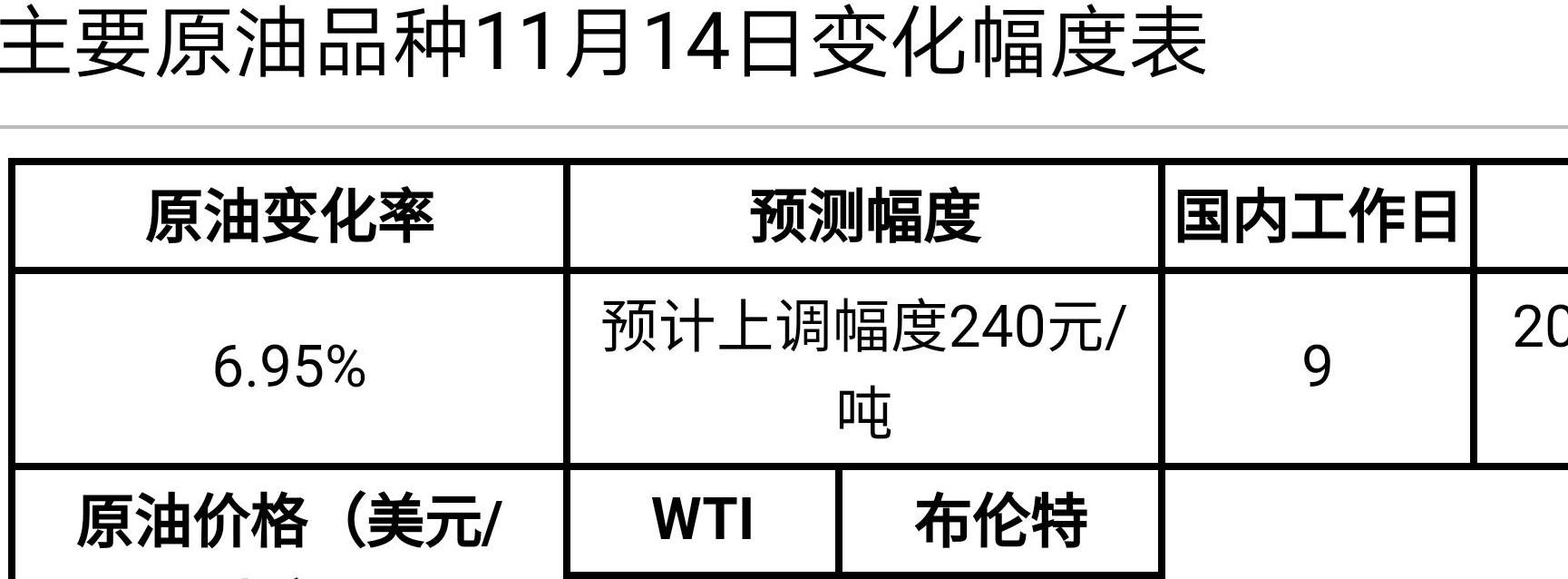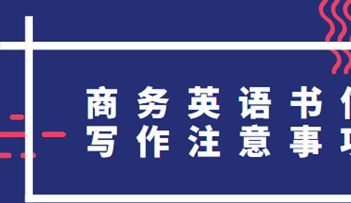seek过去式,查找到底seek的过去式是什么
Seek 过去式
在人类的生活中,我们经常会追寻、寻找和寻求。这些行为不仅仅是满足我们的好奇心,更是我们个体和社会发展的基石。在这篇文章中,我们将从不同的方面探讨“seek过去式”的含义和影响。
1. 过去的追寻
人类从古至今一直在追寻知识、智慧和真理。从古代文明的兴起到现代科学的发展,人们一直在探索未知的领域。古代的智者和探险家通过观察、实验和思考,为我们提供了宝贵的经验和智慧。他们的努力帮助我们了解世界的运作方式,并推动了人类文明的进步。
2. 过去的寻找
每个人都有自己的过去,而我们常常试图在回忆中寻找和理解自己的身份和经历。通过回顾过去的经历,我们可以更好地理解自己的成长和变化。过去的寻找也包括对我们的家族和文化背景的了解。通过了解自己的根源,我们可以更好地理解和尊重他人的差异。
3. 过去的寻求
过去的教训和经验对我们的未来发展至关重要。我们通过回顾过去的错误和成功来寻求智慧和指导。过去的寻求也可以是对历史事件和文化遗产的研究。通过了解过去的错误和成功,我们可以避免重蹈覆辙,并从过去的智慧中受益。
4. 注意事项
在追寻、寻找和寻求过去的过程中,我们需要注意一些事项。我们应该保持**的心态和求知欲。只有这样,我们才能真正从过去的经验中学到东西。我们应该尊重过去的历史和文化。过去的错误和成功都是我们今天的基石,我们应该珍惜和尊重这些遗产。经过上述的详细介绍,我们应该记住,过去只是一个参考,而不是我们未来的全部。我们应该在过去的基础上创造和发展,而不是被过去所束缚。
5. 步骤和方法
如果我们想要更好地理解和利用过去的经验,有几个步骤和方法是值得我们尝试的。我们可以通过阅读历史书籍、参观博物馆和与长辈交流来了解过去的故事。我们可以通过参与社区项目和志愿者工作来体验过去的生活方式和价值观。经过上述的详细介绍,我们可以通过反思和记录自己的经历来加深对过去的理解。这些步骤和方法可以帮助我们更好地了解过去,并将其应用到我们的现实生活中。
6. 案例观点
过去的追寻、寻找和寻求在历史上有许多成功的案例。比如说,达尔文通过对物种的观察和研究,发现了进化论的理论。爱因斯坦通过对相对论的研究,改变了我们对时间和空间的理解。这些案例表明,通过追寻、寻找和寻求过去的经验,我们可以取得巨大的成就和突破。
7. 问答
问:为什么过去的追寻如此重要?
答:过去的追寻可以帮助我们了解世界的运作方式,推动人类文明的进步,并从过去的错误和成功中汲取智慧。
问:如何更好地寻找过去的经验?
答:我们可以通过阅读历史书籍、参观博物馆、与长辈交流和参与社区项目来更好地寻找过去的经验。
问:过去的经验对我们的未来发展有何影响?
答:过去的经验可以帮助我们避免重蹈覆辙,并从过去的智慧中受益,为我们的未来发展提供指导。
在人类的历史和个人成长中,过去的追寻、寻找和寻求起着重要的作用。通过了解过去的经验和智慧,我们可以更好地理解自己和世界,并为未来的发展提供指导。我们应该保持**的心态和求知欲,尊重过去的历史和文化,并将过去的经验应用到我们的现实生活中。通过追寻、寻找和寻求过去的经验,我们可以取得巨大的成就和突破。
What is the past tense of "seek"?

过去式的"seek"是"sought"。
"Seek"是一个动词,表示寻找、追求或探索。它的过去式是"sought",这是一个不规则动词的变化形式。
在英语中,有许多动词的过去式是不规则的,这意味着它们的变化形式不遵循常规的加上-ed的规则。"Seek"是其中之一。其他类似的动词包括"bring"的过去式是"brought","buy"的过去式是"bought","find"的过去式是"found"等等。
了解这些不规则动词的过去式形式对于正确使用英语语法非常重要。在写作或口语中,我们经常需要描述过去发生的事情,所以掌握这些动词的过去式形式是很有帮助的。
这些不规则动词的过去式形式也可以通过记忆和实践来掌握。阅读和听英语材料,特别是与过去事件相关的内容,可以帮助我们更好地理解和运用这些不规则动词的过去式形式。
"seek"的过去式是"sought"。了解不规则动词的过去式形式对于正确使用英语语法非常重要,我们可以通过记忆和实践来掌握这些形式。
How do you conjugate "seek" in the past tense?
To conjugate the verb "seek" in the past tense, you would use the past tense form "sought." Now, let's delve into some related k***ledge to further understand the conjugation of "seek" in the past tense.
In English, regular verbs typically form the past tense by adding "-ed" to the base form of the verb. However, "seek" is an irregular verb, which means it does not follow this pattern. Instead, it undergoes a change in its vowel sound when conjugated in the past tense.
Irregular verbs often have unique conjugation patterns, and "seek" is no exception. In the past tense, "seek" changes to "sought." This change occurs because of the vowel shift from the long "ee" sound in the present tense to the "ou" sound in the past tense.
It's worth noting that the verb "seek" is not commonly used in everyday conversation. However, it is frequently encountered in formal or literary contexts. The past tense form "sought" is used to indicate that someone actively looked for or searched for something in the past.
To provide some additional context, let's consider a few ex**ples of "seek" in the past tense:
1. She sought advice from her mentor before ****** the important decision.
2. The te** sought permission to access the restricted area.
3. The detective sought clues to solve the mysterious case.
In conclusion, the correct past tense form of "seek" is "sought." This irregular verb undergoes a vowel shift from "ee" to "ou" when conjugated in the past tense. Understanding the conjugation of irregular verbs like "seek" can greatly enhance your English language skills.
Can you provide the past participle form of "seek"?
The past participle form of "seek" is "sought".
When we talk about the past participle form of a verb, we are referring to the form that is used in perfect tenses, passive voice, and other verb constructions. In the case of "seek", the past participle form is "sought".
1. The past participle form of "seek" is "sought". This form is used when we want to talk about an action that has already been completed in the past. For ex**ple, "She has sought his advice many times before ****** a decision."
2. The verb "seek" is an irregular verb, meaning that its past participle form does not follow the regular pattern of adding "-ed" to the base form. Instead, it changes to "sought". Other ex**ples of irregular verbs include "go" (past participle: "gone"), "eat" (past participle: "eaten"), and "write" (past participle: "written").
3. The past participle form of "seek" can also be used to form the passive voice. For ex**ple, "The missing child was sought by the police." In this sentence, the focus is on the action of seeking, rather than the person or thing performing the action.
4. The past participle form of "seek" is sometimes used as an adjective to describe someone who is actively looking for something or someone. For ex**ple, "He is a sought-after speaker in the industry." Here, "sought-after" means that many people are actively seeking his services or e**ertise.
5. In addition to "sought", the verb "seek" can also have other forms, such as the present participle "seeking" and the ****** past form "sought". These different forms allow us to e**ress different tenses and aspects of the verb.
In conclusion, the past participle form of "seek" is "sought". It is important to understand the different forms of a verb in order to use it correctly in various gr**matical constructions.
What is the past form of the verb "seek"?
The past form of the verb "seek" is "sought."
When we talk about the past form of a verb, we are referring to the action or state that occurred in the past. In this case, "seek" refers to the act of trying to find or obtain something. The past form, "sought," indicates that the action of seeking has already taken place.
Seeking is a fund**ental human behavior. Throughout history, humans have sought various things, such as k***ledge, truth, and happiness. Seeking can take many forms, from searching for physical objects to pursuing personal and professional goals. It is a natural instinct that drives us to e**lore, discover, and grow.
In the context of education, seeking k***ledge is an essential part of the learning process. Students seek information, guidance, and understanding to e**and their k***ledge and skills. Educators, on the other hand, seek innovative teaching methods and resources to enhance the learning e**erience for their students.
In the realm of personal development, seeking self-improvement is a common aspiration. People seek ways to enhance their physical and mental well-being, develop new skills, and achieve personal growth. This can involve seeking guidance from mentors, attending workshops, or engaging in self-reflection and self-****ysis.
In the professional world, seeking opportunities is crucial for career advancement. Job seekers actively seek employment opportunities, while employers seek qualified candidates to fill their vacancies. Networking, attending job fairs, and utilizing online platforms are common strategies for seeking employment.
In conclusion, the past form of the verb "seek" is "sought." Seeking is a universal human behavior that encompasses various aspects of life, including education, personal development, and career advancement. By seeking, we strive to fulfill our desires, e**and our k***ledge, and achieve our goals.
- 标签:




